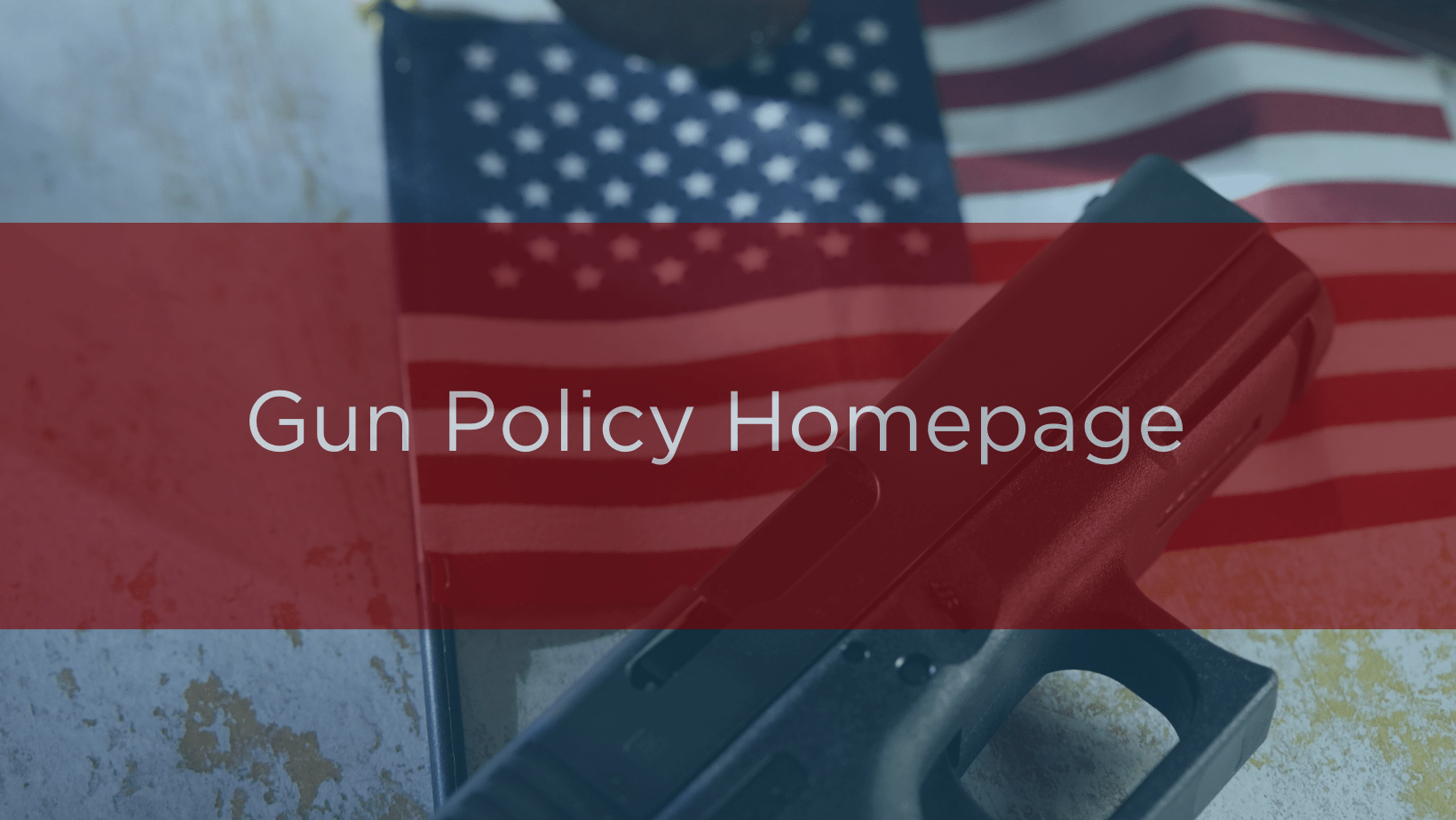Legal Arguments and Important Cases
When we talk about guns in the United States, we should also talk about the legal arguments and important cases that influence the country’s stance on guns.
The Supreme Court & The Second Amendment
The Second Amendment is the central aspect of the question of gun rights in the United States. If you are unfamiliar with the Second Amendment, read our primer on it here.
NYSRPA v. Bruen
The most notable recent Supreme Court decision is the June 2022 case NYSRPA v. Bruen, which ushered in a more conservative approach to the Second Amendment and an expansion of open-carry laws, which were traditionally reserved for rural areas of the United States.
Giffords summarizes: “ The Court held that the Second Amendment protects the right to carry a loaded handgun in public for self-defense. The Court concluded that New York’s public carry law, which required New York residents to demonstrate ‘proper cause’ to obtain a concealed carry license, violated this newly declared Second Amendment right.”
This ruling overturned the Sullivan Act, a 1911 law described as one of the first gun control laws in the country. The law turned New York into a “may carry” state, in which police would have the authority to grant individuals permits to carry firearms. A 2022 study found that while the Sullivan Act didn’t significantly reduce homicide rates, it did contribute to reduced suicide rates.
District of Columbia v. Heller and McDonald v. City of Chicago
Giffords summarizes these two landmark Supreme Court rulings on the Second Amendment:
“In 2008, the Supreme Court ruled on the Second Amendment for the first time in almost 70 years after Dick Heller sued the District of Columbia over its ban on handguns in the home. The court ruled in Heller’s favor, affirming an individual right to keep handguns in the home for self-defense…
Writing for the majority, Justice Scalia noted: “Like most rights, the right secured by the Second Amendment is not unlimited. [It is] not a right to keep and carry any weapon whatsoever in any manner whatsoever and for whatever purpose.” The Court provided examples of laws it considered ‘presumptively lawful,’ including those which:
- Prohibit firearm possession by dangerous people.
- Forbid firearm possession in sensitive places such as schools and government buildings.
- Impose conditions on the commercial sale of firearms…
In McDonald v. City of Chicago, the Supreme Court held in a 5–4 ruling that the Second Amendment applies to state and local governments in addition to the federal government. While Chicago’s complete handgun ban was overturned, the Court reiterated in McDonald that a wide variety of state and local gun laws are constitutionally permissible.
Although the gun lobby has brought significant litigation after Heller, attempting to build on the precedent set of gun rights, the courts continue to rely on Scalia’s note that the Second Amendment is not absolute. This is meaningful because Scalia was one of the most notable conservative members of the Supreme Court. Among these measures the courts have ruled constitutional are: extreme risk protection orders, secure storage laws, background checks, limits on concealed carry, assault weapons bans, and waiting periods.

